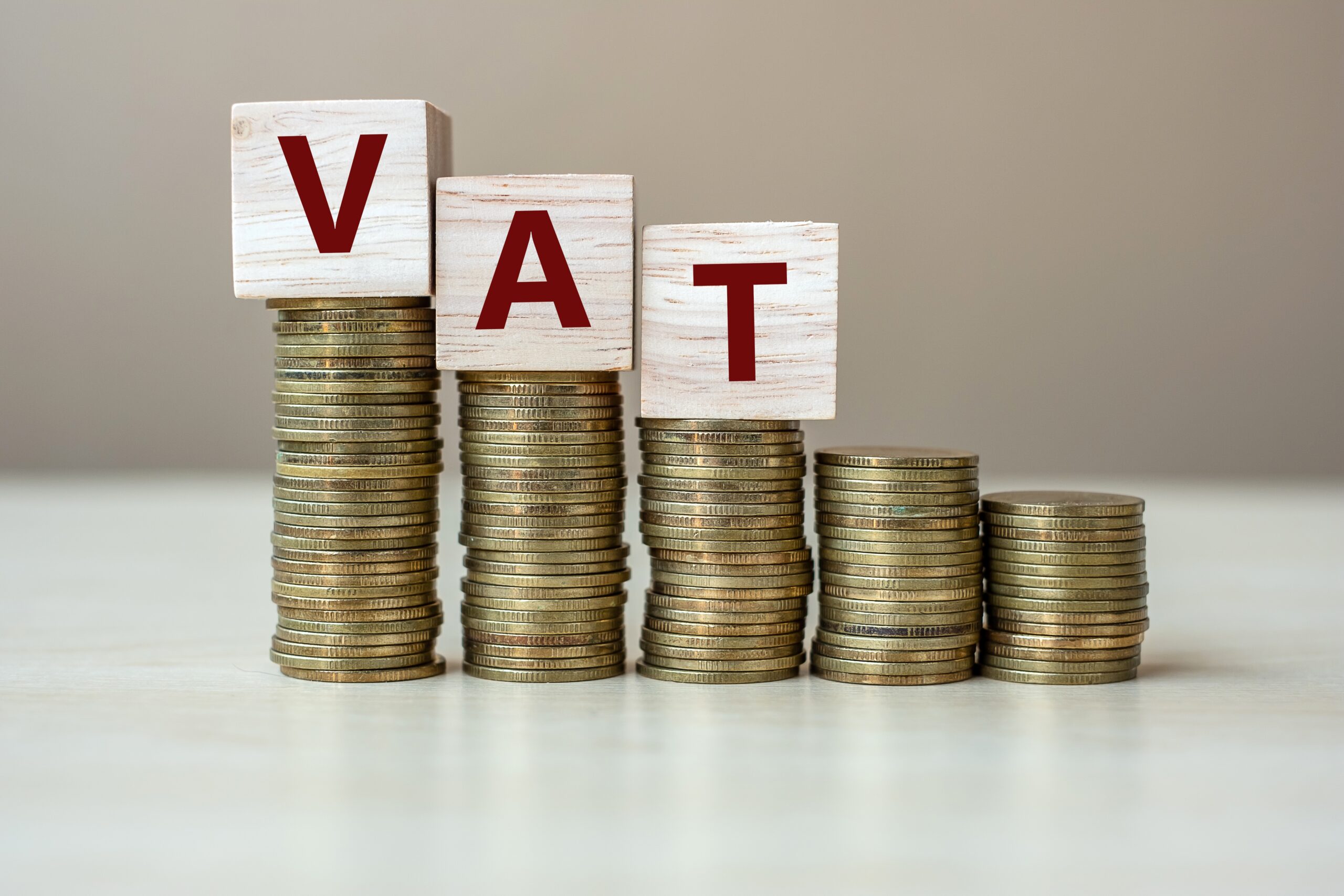
At Grayfords, we are here to help when life does not go as planned
With the most recent Finance Act 2022 legislation providing further amendments on taxation, it is evident that tax laws in the UK are constantly evolving, and it is getting even more complicated to keep on top of your various tax obligations. What was previously considered legitimate tax-planning protocol may now be regarded as being on the wrong side of the law.
Whether you are an employee or a business owner, tax is a substantial factor of every big financial decision. It can become more complex if you have several streams of income, possess international wealth, or have non-domiciled status.
Our team of experts draw on a vast amount of expertise in defending HMRC investigations to provide our clients with several services on an array of tax issues.
Frequently asked questions
What is tax fraud?
Tax fraud is the deliberate omission, concealment of misinterpretation of information, or the deceptive presentation of information or circumstances to gain a tax advantage.
Tax fraud covers a spectrum of illegal activity, including:
- Non-reporting or under-reporting income to tax authorities
- Falsifying records
- Smuggling taxable goods
- Illegally assigning income
- Misreporting personal expenses as a business expense
If you find yourself under investigation by HM Revenue & Customs, charged with tax evasion or prosecuted for a tax fraud offence, it can be highly stressful and overwhelming deciding how to proceed next. At every stage of such proceedings, it is crucial to choose appropriate and legitimate steps as any further errors can have serious consequences.
Which taxes can come under scrutiny?
While many believe that tax investigations are solely based on Income Tax, this scope underrepresents several investigation areas including:
- VAT
- Corporation Tax
- Capital Gains Tax
- Construction Industry Scheme (CIS)
- IR35
- Inheritance Tax
- National Insurance
If you or your business are involved in complicated tax affairs, it can be beneficial to make sure that you keep yourself updated with the latest legislation as it relates to each branch of tax law, especially for progressive taxes.
Penalties For Tax Evasion (UK)?
Enforcement action by HMRC has increased exponentially in recent years as the government continues to introduce grave measures to deter white-collar crime and tax evasion. Expectedly, punishments are severe and can vary- these are a few examples of penalties that can incur:
- Income Tax Evasion Penalties:
Summary conviction can result in a jail sentence of 6 months or a fine of up to £5,000. The maximum penalty for income tax evasion is a seven-year custodial sentence or an unlimited fine.
- Evasion of VAT:
In the magistrates’ court, the maximum sentence is 6-months in jail or a fine of up to £20,000. Crown Court cases can result in a maximum prison sentence of up to 7 years or an unlimited fine.
- Cheating the Public Revenue:
Due to the severity of this offence, the maximum sentence for cheating the public revenue is life imprisonment or an unlimited fine. Similarly, providing materially false documentation to HMRC can result in a penalty ranging from a fine of up to £20,000 or up to 6 months in prison.
- Fraudulent Evasion of Duty (Smuggling):
For a summary conviction, the maximum UK sentence is a fine of up to £20,000.
Under the Criminal Finances Act 2017, it is also a criminal offence for a company to fail to prevent the facilitation of tax evasion. Organisations that are successfully prosecuted can receive a heavy fine, as well as the potential for severe reputational damage.
What triggers a HMRC Investigation?
Only 7% of all tax inspections are triggered at random. In actuality, most checks are prompted by HMRC’s Central Risk team, who use sophisticated computer software, otherwise known as ‘Connect’, to detect any unusual activity on accounts or patterns in particular industries.
The most prevalent trigger for an investigation is submitting incorrect figures on a tax return.
It is crucial that you seek professional advice regarding your accounts and check your tax returns before you send them. Even though your books may be in order and you always file before the deadline, your accounts may still be randomly selected.
What is the difference between tax evasion and tax avoidance?
While many may use the terms interchangeably, the difference between tax avoidance and tax evasion considerably comes down to legality. As it currently stands, tax avoidance is legal, but there is a differentiation between the two, and it is easy for the former to become the latter, especially with constant changes in the law.
How do I appeal a HMRC decision?
HMRC penalties can be expensive and stressful, but under particular circumstances, some decisions can warrant an appeal. Should you have a reasonable excuse, a decision can be overturned, and your penalty may be amended or waived after an appeal.
An appeal must be made within 30 days of the penalty notice being issued; however, HMRC may consider a late appeal. If HMRC dismisses your late appeal, escalating your case to the Tax Tribunal may allow your appeal to be granted.
In every case, it is best to consult a legal expert to receive guidance on the sensitive matter.
HMRC and Cryptocurrency?
Tax relating to crypto assets is a recent development and one that should not be overlooked. As of December 2018, investors must pay capital gains tax on profits above the annual allowance of £12,300, including cryptocurrency.
Should profits not breach the £12,300 allowance, users must still report their gains on their yearly tax return if they are registered for self-assessment.
Keeping a record of gains and losses on every trade transaction can become complex, especially in cases where thousands are traded by automated trading software. Furthermore, certain crypto transactions are not tax-free.
If in doubt, speak to a professional legal advisor early to ensure that you are informed as the law on digital currencies tightens.

